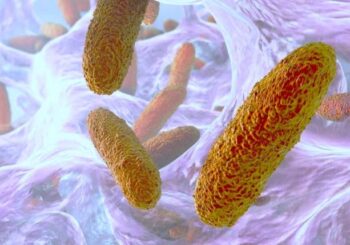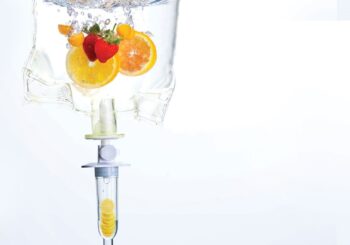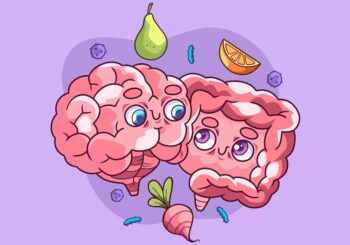
In medical education, emphasis is placed on the ability to think about the most likely causes of illnesses, referred to as "horses," rather than rare cases, or "zebras." This helps to diagnose common problems more quickly, but often leads to the overlooking of rare conditions. Therefore, the symbol of rare diseases, such as Ehlers-Danlos syndrome, is a zebra — to remind doctors of the importance of considering unusual cases. Now, let's talk about this and other "zebras."
MCAS, EDS, and P...
Read More
Read More









